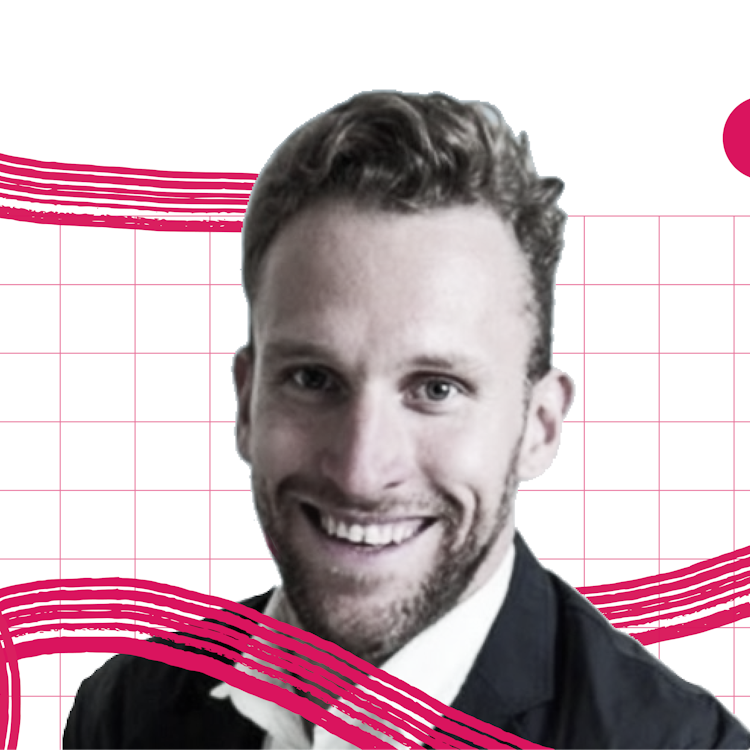If a VC is doing a good job, they’ll have some big winners in their portfolio, a few noticeable losers and other startups that are just doing ‘okay’.
The latter are businesses that gain a bit of traction domestically, make some money (but not too much), struggle to expand internationally and raise further rounds of funding.
Many investors cast aside these startups — known as ‘VC orphans’ — but, for Miro Tenkl, they’re a core part of his business. He has helped startups with annual recurring revenue (ARR) of as little as $2m-3m and to get sold in the US for as much as $80m.
While many consultancies and investment banks help tech businesses with acquisitions, Tenkl has a specific niche: because of his Czech origin, he focuses on companies mostly from central eastern Europe (CEE). So far, the consultancy he works for has advised on the deals between Romanian GloriaFood and Oracle, Poland's Explain Everything and Promethean and Czech UltimateSuite and ServiceNow, just to name a few.
So, what’s his secret?
“The distinction between the US companies and our [CEE] companies is that the US companies are usually bigger in terms of revenue. But the innovation part might not always be as exciting,” he tells Sifted.
M&A frenzy
Tenkl came to Silicon Valley from the Czech Republic in 2016 as part of a commercial mission organised by the government to help startups raise capital and look for potential buyers in the US. When the government asked him to move elsewhere, he quit and decided to go it alone.
“I fell in love with the startup ecosystem and the way the business is done here, so I decided to leave diplomacy and stay,” he recalls.
He later joined a US consultancy, Telegraph Hill Advisors, as a managing director — but CEE companies have remained his speciality.
“Surprisingly, most of the clients requested help with selling their companies,” he says. “I started doing it without much experience but it was a good time to do it… [in 2020] there was a lot of money, cheap money, and people were putting money into M&As and fundraising… It was a seller's market, and now it's a buyer's market. So it's tough, still doable, but tough.”
Low-mid market
80% of Tenkl’s clients come from CEE — from countries like Poland, the Czech Republic, Romania and Bulgaria — and most are in B2B SaaS. “It's not only that I want to do it but it's just that the region is very strong in it,” he says. The consultancy charges a combination of a non-refundable retainer and success fee, which depends on the size of the deal and the company’s stage.
The companies he helps sell usually either have around $5m ARR, are profitable and growing or have lower traction (they're low-revenue or even pre-revenue) but a strong tech component and a talented team.
He says that many of these companies are good businesses, they just aren’t able to raise any additional money. In particular, in the current fundraising environment, they’re also unable to grow their businesses outside of their local markets, where they hit a customer ceiling.
“It has nothing to do with the technology, the technology is usually great,” he adds. “But it's just the ability to really set up an office abroad, having the resources, having the skills, having the courage to really take this leap. Many founders try, but many fail, or most of them fail.”
He says the push for an acquisition very often comes from the VCs whose fund’s lifecycle is coming to an end. But founders approach him too: “They come to me and say ‘Hey, it's time to sell. There is no way we can break even and grow it organically.”
Who’s buying?
Tenkl says that the main reason the US companies are attracted to these businesses is their technological component. But the fact that they’re usually cheaper also helps.
“If you were to pay for [a similar company] in Silicon Valley, they would probably be much bigger in terms of revenue. And they would request a little bit of a premium for being in Silicon Valley,” he says.
Tenkl says that very often American companies buy CEE companies for their IP and team, not the actual business (revenue and customers). He stresses that the tech giants also know the region well — many of them, like Google and Microsoft, have their big offices and R&D centres in CEE cities.
Tenkl has two groups of customers. First are big tech public companies, like Oracle or Cisco, who pay good money and often need concrete technology.
He adds that for these companies more often revenue is a secondary asset and works only as a business case validation — they’re looking more at the technology and team. “They are able to pay a very strategic premium even for low revenue businesses”.
“They don't buy everything but they buy a lot,” he says. “But it's not easy to sell somebody like this — everybody goes after them to try and sell them something.”
The second is smaller, non-listed, mid-market US tech companies — which are very often backed by private equity firms. Tenkl says that they’re often perceived as an investment platform of the PE. The acquisition is done as a so-called “add-on” — the technology is later integrated into many existing businesses in the portfolio of the PE firm that backs the buyer. This customer set seeks healthy, profitable, growing companies and currently pays anything between 3-7x ARR multiples.
He says the competition is always big, and “it's always a little harder on CEE business than US business”.
“If there were two companies, one from Warsaw and one from the US, with exactly the same business performance, the buyer would always pick the US company,” he says.
“There’s nothing super exceptional that would make CEE companies stand out apart from just being great innovators. And that's what the US always admires.”



